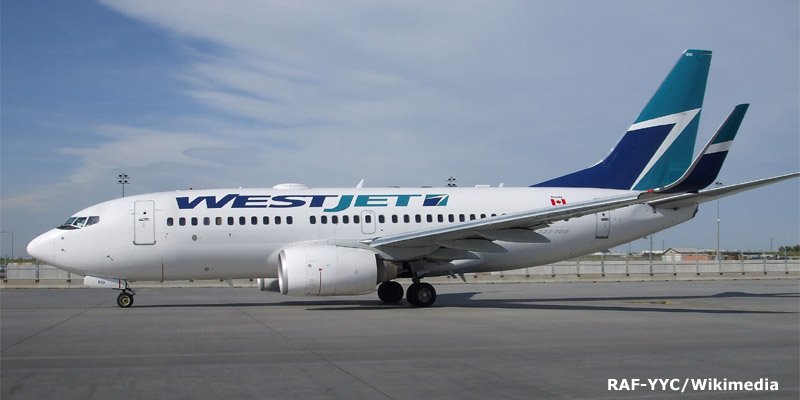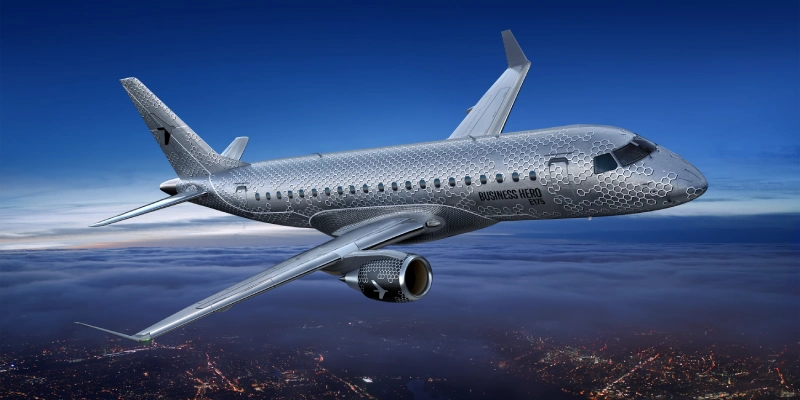WestJet announced Monday a new partnership with Aero Design Labs to modify the airline’s 737-700 NG aircraft to increase efficiency. The modifications are expected to reduce overall fuel burn by reducing aerodynamic drag and lead to long-term cost savings and reduced carbon emissions.
“With one of North America’s youngest and most efficient fleets, WestJet continues to make significant investments to make air travel more sustainable,” said Diederik Pen, WestJet Chief Operating Officer. “Through our innovative partnership with Aero Design Labs, we are currently testing a first-of-its kind product designed to reduce fuel burn and improve the efficiency and longevity of our 737-700s.”
→ WestJet launches flights between Toronto and Edinburgh.
The Aero Design Labs team created the Aerodynamic Drag Reduction System (ADRS 1) for the Boeing 737-700 fleet. WestJet was a key partner in the installation, certification and validation of the product. The airline and Aero Design Labs worked together to gather data and findings which drove additional modifications and feedback on the technology, which will be added to the aircraft once approved and validated by Transport Canada for commercial use.
WestJet’s partnership with Aero Design Labs comes as the airline furthers its efforts to achieve net-zero carbon emissions by 2050. Following regulatory approvals, WestJet will continue to work with Aero Design labs to determine further fleet implementation plans and to validate data and efficiency findings.
Photo: RAF-YYC/Wikimedia
Related Topics
Embraer and Adani Defence & Aerospace Elevate Alliance: Agreement for an E175 Final Assembly Line in India
Lufthansa Group and Air India Sign MoU for Joint Business Agreement Following EU-India Free Trade Deal
Air India Fined $110,350 for Operating Airbus A320 Without Valid Airworthiness Certificate
AirAsia X Launches Kuala Lumpur-Bahrain-London Route, Establishing Bahrain as Its First Strategic Hub Outside Asia

Un apasionado por la aviación, Fundador y CEO de Aviación al Día.




